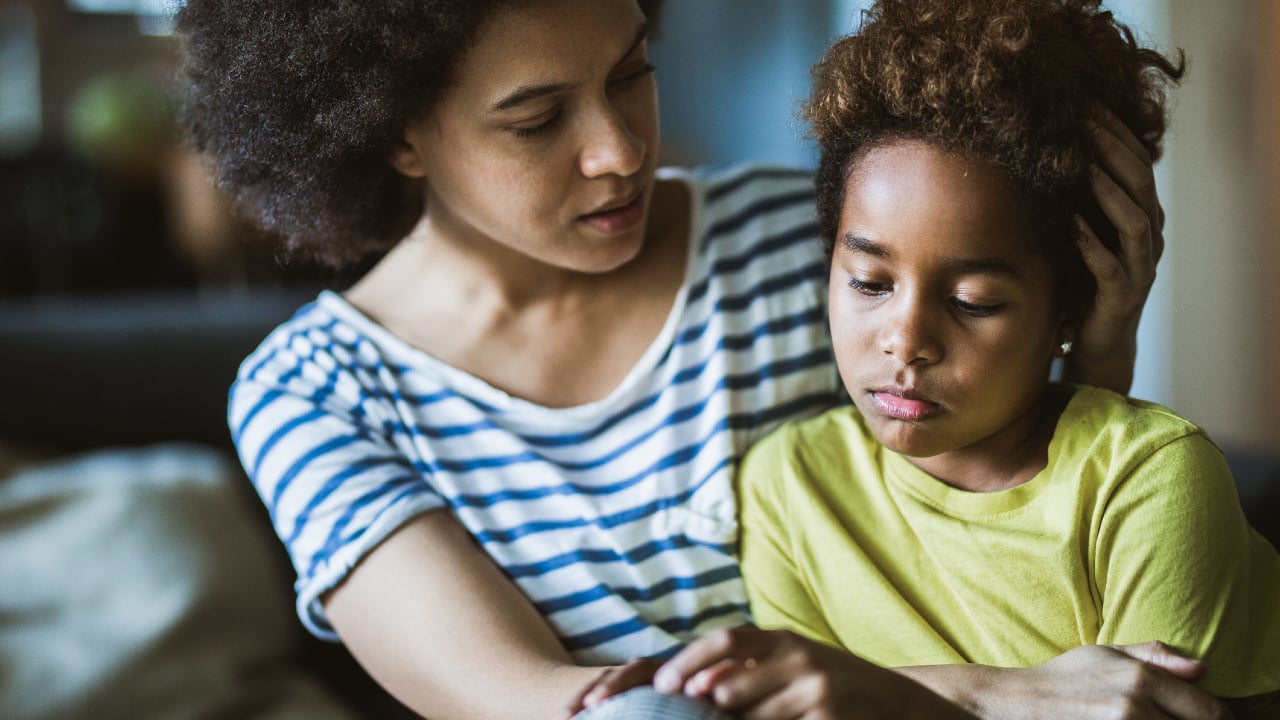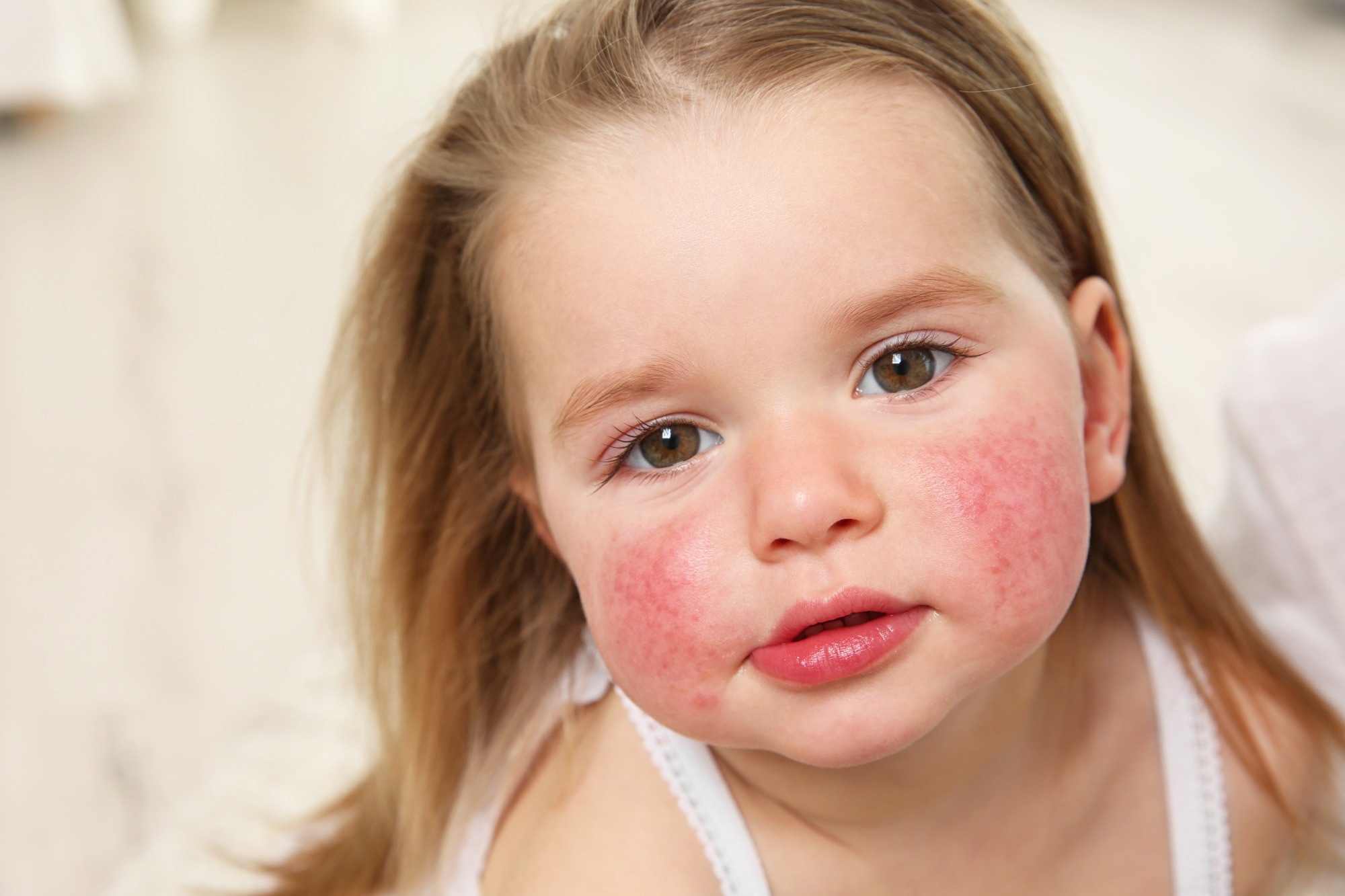It may feel counterintuitive to talk to children about war, but helping them learn to process tragedy can be an integral step in their journey to becoming resilient, compassionate people.
It can feel scary to talk to young children about war. But as a global community, we need to help our children make sense of what they see in all the sources of media streaming around them. This is the world our children now live in and it may feel unsafe to them. We want our children to grow up to be compassionate problem-solvers rather than fearful citizens who believe they are powerless to make any kind of change in the world around them. Here are some important guidelines about how to talk to kids about war.
Teach your child that you’re their number one source of information
If they have questions about things they hear about or see in the news, they should come to you first with those questions. It’s easy for people to hear and spread incorrect information, so you are their best resource for the facts.
Reassure your child that they are safe and secure
Explain that you will keep them safe. Tell them that scary things do sometimes happen in the world, but these things feel shocking in part because they are rare.
Admit that there are some bad people in the world
Explain that the world is full of good people, but also some bad ones, and that is why we must all understand the difference between right and wrong. It’s hard to understand why people do what they do or why countries do what they do. However, the world has many, many more good people in it than bad people. Talk to your children about how the global community is trying to help innocent people suffering because of the war.
Point out what people are doing to help
Times of tragedy allow us to be strong and brave and to help each other. Explain to your kids how so many people are helping in some way, from diplomats, refugee agencies and charities to ordinary members of the public. These helpers inspire compassion and faith in the world.
Encourage your child and your family to help in some way
Actively helping shows your child that they have agency, and feeling empowered is a cornerstone of resilience. How you and your family can help depends on your circumstances, but it doesn’t have to be a huge affair—a bake sale or lemonade stand with proceeds going to a helping agency.
Remember, we want our children to grow up to be empowered and compassionate problem-solvers, rather than fearful citizens who expect the worst to happen. In order to do so, they need to believe in the inherent goodness of people and have faith in our society’s ability to improve, or even solve, the vast and complex problems that we are facing today. Helping them learn to process tragedy can be an integral step in their journey to becoming resilient people who can find positive ways to respond to the bad things that happen in our world.

 PARENTING TIPS
PARENTING TIPS PREGNANCY
PREGNANCY BABY CARE
BABY CARE TODDLERS
TODDLERS TEENS
TEENS HEALTH CARE
HEALTH CARE ACTIVITIES & CRAFTS
ACTIVITIES & CRAFTS


